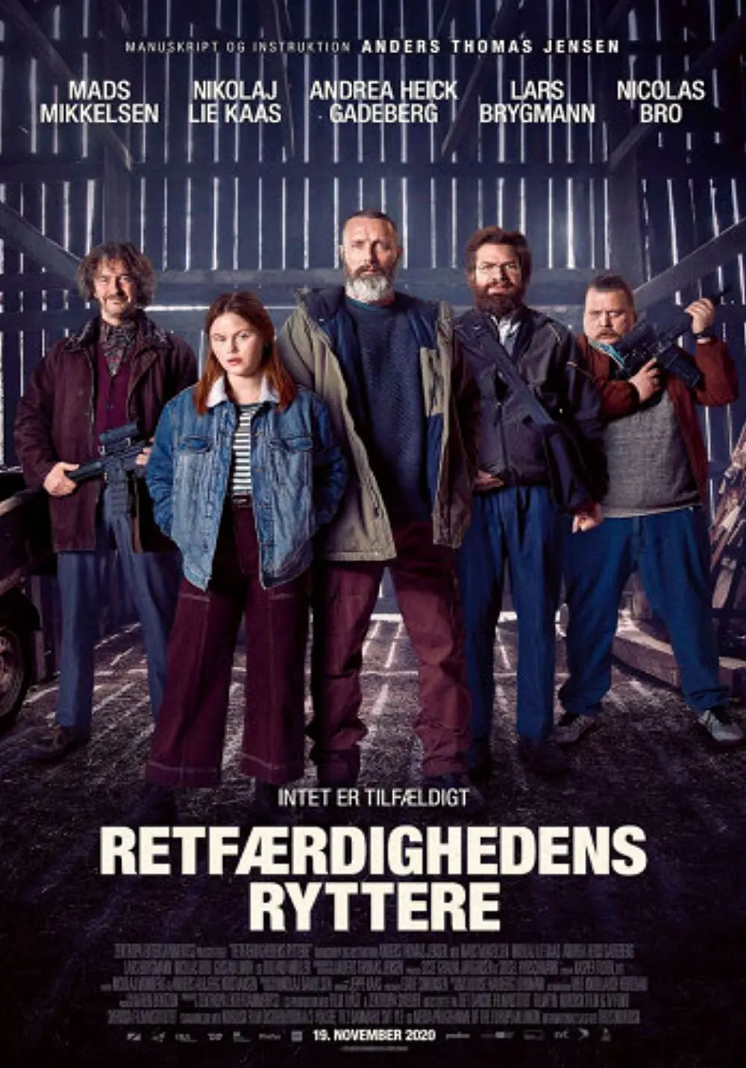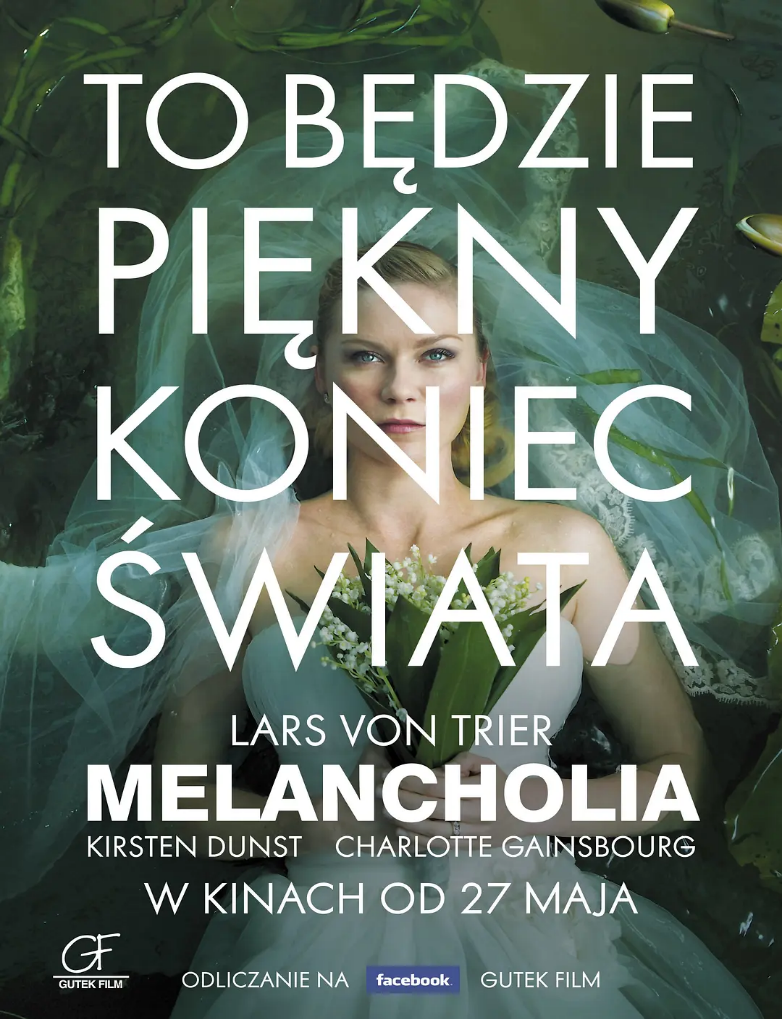Pagten Ode to Immortality: Pain, Art and Beauty

I was in a trance for a long time. Walking out of the cinema, I felt like I was floating.Let’s start with the technical stuff, it was so beautiful, so beautiful. Not a flashy and full-bodied beauty, but a silent, poetic and eternal beauty. I think back to all the noteworthy objects, and I think first of all of light: all the shots do not record the dark, rainy days, only the cheeks of people lit by the light, bright sunlight, the silhouettes of people holding hands reflected in the melancholy swaying candlelight, the twilight and the lonely sitters enveloping the earth in the faintly dark evening.
Then I think of colors, and of things that are moderately saturated and bright, as if they were jumping out of a Platonic world, and I think of Wordsworth’s poems. He doesn’t record the details, he doesn’t record the things that really belong to the everyday, he draws out what is in the everyday, he makes a broad and universal description, he wants to record the eternal things… The footage of this film gives me this impression first of all. There is nothing unattractive, nothing too real, everything is simple, restrained, plain, yet like poetry, like Wordsworth.
The story proper is rooted in a very simple question, a bit like the Moon and Sixpence, if all the constraints of worldly life and constant relationships are just burdens on the way to eternal literary values, how should one live with oneself? The Oath of Faith externalizes this question: a rising poet is summoned by a long-established writer (a baroness). The latter spends time with him, makes a vow of faith with him, and soon forces him to drift away from the world – in the form of his family and wife. What was the content of the vows of faith, one might ask? On the surface, their vow is that the man trusts the Baroness, who says, “I will protect you,” but there is more behind this vow.
The Baroness repeatedly says two words, one is about the vow of faith: when you lose faith in God, I will protect you. The other is: I made a deal with the devil, and he promised me that everything I experience will become a story.
Yes – so this protection is stifling. What does the writer depend on to grow in the eyes of the Baroness? So she forces the hero to move away from his family, to move to her place to write, to persuade him to go to Bonn, Germany, to arrange a “fall in love” for him. The hero suffers: his wife no longer trusts him, he weeps, he tosses and turns, he and his lover suffer from the pain of separation. Where did the Baroness protect him? –But she does protect him, she protects him to be able to “fulfill his mission”, and the more the hero Saul writes, the better he gets.
So, what is the writer’s mission? (I was prompted by a kind of ecstasy, my fingers were shaking) It is “to transform all experiences into stories”! The writer does not exist in this earthly world as a human being, but as an inhuman typewriter, chewing and inhaling all the pain, far from all the constraints, even the warmth and love together. Its only existence, its only value, is the words of Helen of Troy on the walls of the war-torn city of Troy – at that time, she was compiling a tapestry of the war that started because of her – “Our misfortune will be the subject of a song for generations to come”! And this is the only possibility for the immortality of frail mortals, the only meaning of the existence of writers and singers!
The film makes this relationship clear early on, and initially, I was disgusted by it. I did like the hero’s wife, Gretel, for the simple reason that I didn’t want to see her turn into another Mrs. Strickland, a shallow and vulgar character described by Maugham, a stumbling block on the hero’s road to self-actualization. But as the film progressed, I – and I am a creator – I shuddered, I forgot to drink, I poked my hand down my shirt and clutched myself by the throat… I was gradually convinced, by the power of the devil. …The film depicts the intimacy of the hero and his wife many times, for example, the first time at the banquet, his wife, Gretel, she changed her dress, fiddled with her shoes, the hero looked at her and could not help but blurt out: you are beautiful – you are always so beautiful!
But the baroness said: You have to get out of the library – Gretel is exactly a librarian. She said, full of disappointment: You want to break your vows? You have read Goethe and Rilke, you find any poem in praise of their wives, then great? (I thought again of Wordsworth, who was walking on the riverbank with his sister, but in his poem he is alone.) Then we see the hero alone, on the coast of Denmark, with his bicycle aside, writing with a dozen small patches of paper (he is disturbed by the children at home and has to go there briefly to write.) So I was convinced, I thought… I inevitably believed: solitude, solitude, writing is always solitude, solitude, that writing is eternally solitary, and so it also demands eternal solitude from the creator himself – the only way it can be approached, imitated, and then we can see eternity…eternity, which is the source of all meaning itself.
But the hero is stronger than me. Many times the hero sits, that soft jaw line rounded, mouth flat and skewed to the sides, eyes close under his eyebrows, one side of his hair curled and bent…he looks that way slightly confused and blank, he falters, but he says: I’m going home tomorrow. At the end, the baroness pierced her hand with a knife, and the blood was on her index finger, which would become a bond that would never change, and the baroness promised, she promised… that the whole mansion would be his after her death, the place where the most famous poet in Denmark had travelled, the closest to the temple of eternity!
The hero said: No, I have a home to return to.
We ask: what does the hero choose? Does he choose mediocrity? …No. If the movie conveys the world view up to what I mentioned above, the hero chooses only mediocrity, but there is another way of looking at the world. — After learning that the hero is cheating on her, Gretel slits her wrists (same meal knife, more blood…it’s a bond) and is taken to the hospital; days later, the hero comes home with her and Gretel says: I have something to say.
She said, I read the work of the Baroness, the one who made everything so bad; she said, she saw what she went through – the loss of a friend and a loved one, the one that made the Baroness write an heirloom – and she said, we are born to suffer to suffer, so that no one else would continue to suffer. She said: She (the Baroness) is different.
I think the hero may have realized something, something that exists outside the poles of eternal-transitory impermanence of the writer. The hero’s lover says to him: There are two kinds of love, and you and I must take only one of them. Is it the love of sacrifice, or is it the love of self? At the moment when his wife tells him that she herself is suffering, perhaps he understands that the ego is not so important, nor is it important to be able to share the glory of eternity, but what is important is that some people suffer and digest pain, and then love others – not love an abstract other, not use others as fodder for writing, but truly care and love. The hero probably realizes that one cannot live eternally chasing an abstract mission…because people are people, not typewriters, who suffer stupid, unnecessary pain for each other, cry, rage, die, and then love.
So the man goes to the final feast. The footage is almost a perfect replica of the opening credits: the baroness puts on lipstick, while the hero shaves, he rides his bike to the baroness’ premises… but this time he doesn’t ring the electric bell, he pushes the door.
At the dinner table, the man refused the knife the Baroness handed him, I have a home to return to, he said. And the baroness raised her shotgun and pointed it at him – he crossed it and kissed her. It was a farewell kiss, a permanent departure from the temple of poetry, from the abstraction of man as a typewriter chasing eternity – the shotgun was not fired, but the abstract “writer” was dead, and it was man who lived again. At the end of the film, the man crouches down and pulls down the white petals of a small flower with his child, while Gretel goes to more flowers, she picks more flowers, they live and then love.
Some miscellaneous remarks:In the end, I would say that I understood, I was moved, and I basically understood the logic of the film, but this review does have in it a complement to Gretel and that not abstract view of life, her words are short and abstract, lacking some penetrating charm. I didn’t find it hard to understand, I was convinced, but I just felt that… What I liked most about the film was the first ninety minutes when the hero kept falling into the abyss of eternity, struggling along the way, and the five minutes when he said goodbye to the Baroness and the eternal cause. Gretel didn’t convince me, or at least, she didn’t convince enough to shock the heart and make us (or at least me) feel… that a richer and more vibrant world was truly open. This is a failure, I can say without mercy. But as a creator, I deeply love this film because it reveals people as people, it gives me something to fear (the fear of falling into eternity, the fear of chasing eternity, the fear of being in the grasp of eternity), and because it is beautiful, beautiful in a quiet, timeless way. So I guess the reason the movie is not convincing enough… Maybe it’s because the director is as irredeemably literary as I am, that is, he himself is irredeemably drawn to that one eternal standard, the highest beauty? …I took three seconds to name this review, and finally decided to use Wordsworth’s famous poem: “An Ode to Immortality”. …Because no matter what, choice or rejection, eternity is an unchanging abyss; in Wordsworth’s words, life is but a kind of slumber and oblivion, the star of the soul rises long before we live, and it has its own place to fall…We long to connect to that eternity, just as we long to return to our mother’s womb. At that time, there is no struggle or pursuit in the world, everything is one…




